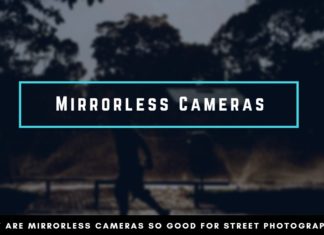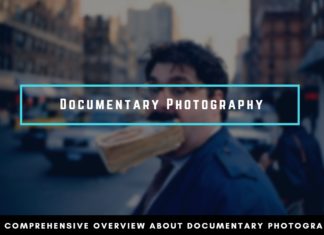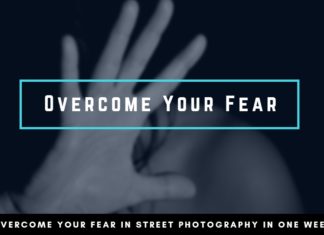If you love taking photos and people have told you that you have an eye for composition, you might have considered pursuing photography not just as a hobby or a side gig but as a career. It’s not easy to find success as a full-time photographer, but it is possible, and with talent, the right training and dedication, you can too.
Think About Your Focus
This is a big field. Do you want to be a fine arts photographer, someone who uses pictures the same way another type of artist might use paintings or sculpture? Or do you hope to work in journalism, getting the kind of newsworthy shots that win prizes and change lives? Maybe you want to work with people and take their portraits, specializing in weddings, or perhaps you want to capture the excitement of sports.
You might work as an industrial or commercial capacity, taking pictures of landscapes or buildings. Many people do some combination of these. For example, you might not be able to immediately make a living in fine arts, so you could turn to portraits to keep yourself afloat. Whatever you decide your focus will be, it’s good to decide as early as possible so that you can pursue a career path that will take you there.
Get Your Degree
You don’t have to get a degree to become a photographer, but it helps. Studying photography in college can give you an excellent grounding in technique and connect you with those who may give you work after you graduate. Another advantage to going to college is that you can take some business classes, which can be helpful since many photographers are self-employed. To pay your tuition bill without worries, you may want to look into a student loan from a private lender. This can be helpful if you are not eligible for scholarships and federal aid or it can supplement those other resources.
Training
Education doesn’t end when school is out. Your first job out of college might be as an assistant to a photographer. You may want to obtain the necessary certification from the Federal Aviation Administration to allow you to operate a drone since these are increasingly commonly used in the field. In the early years of your career, you can work on building up your portfolio. It can be easy to get sidetracked into doing mostly safe work, like portraits, so if you truly want to do groundbreaking journalism or art, be sure to keep your ambitions front and center and take jobs and do work that brings you closer to those aims.
Practice and Refine
To succeed in this highly competitive field, you have to always strive for excellence. Your work will improve over the years with practice, and you should always take the opportunity to meet a new challenge. In the early years, it’s a good idea to find a mentor. As you begin to establish yourself, you have an opportunity to pay it forward by mentoring a younger photographer. Photography is not like more conventional careers where you have a certain career ladder and a retirement age, and it is something that you can potentially look forward to doing for the rest of your life if you choose.





















